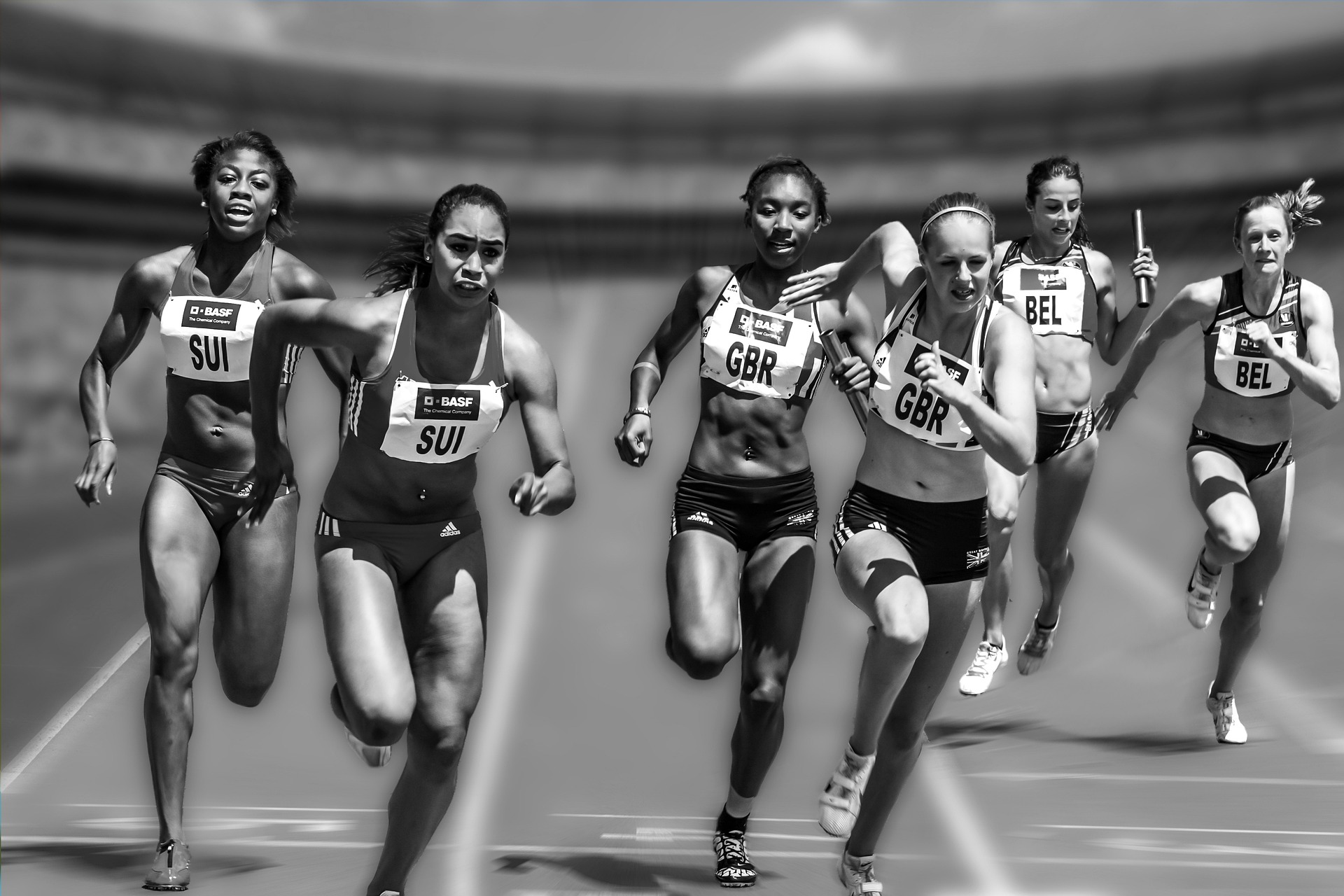The Dynamics of Sports Psychology: The Unseen Game
Sports are not just physical games; they are also psychological battles. The unseen game of sports psychology plays a critical role in an athlete's performance. Read below to delve into the intriguing world of sports psychology and its impact on athletic performance.

The Mental Aspect of Sports
The mental aspect of sports is as important as the physical one. Athletes are often under tremendous pressure to perform, which can lead to stress and anxiety. Sports psychology helps athletes manage these pressures and improve their mental toughness. It focuses on training the mind to overcome challenges, enhance focus, and maintain a positive attitude, which are all crucial elements for success in sports.
The Role of a Sports Psychologist
A sports psychologist plays a significant role in an athlete’s life. They provide mental training to help athletes overcome obstacles, improve concentration, and develop a winning mindset. They also assist in dealing with injuries, performance anxiety, and career transitions. By understanding the psychological aspects of sports, athletes can perform at their best and achieve their full potential.
Sports Psychology Techniques
There are several sports psychology techniques that athletes use to improve their mental game. Visualization or mental imagery is a common technique where athletes imagine themselves performing at their best. Other techniques include self-talk, goal setting, relaxation techniques, and mindfulness. These techniques can significantly enhance an athlete’s performance and overall well-being.
Sports Psychology in Team Sports
In team sports, sports psychology plays a crucial role in fostering team cohesion and effective communication. It helps in building trust among team members and promotes a positive team culture. Sports psychologists work with teams to develop leadership skills, manage conflicts, and create a supportive environment that encourages peak performance.
The Future of Sports Psychology
The future of sports psychology looks promising. As the importance of mental health continues to gain recognition, more athletes are seeking the help of sports psychologists. With advancements in technology, sports psychologists can now use virtual reality and biofeedback to provide more effective mental training. The field is expected to grow, providing more opportunities for athletes to enhance their mental game.
Useful Tips and Facts
- Sports psychology is not just for professional athletes; it can benefit athletes at all levels.
- Regular mental training can significantly improve an athlete’s performance.
- Sports psychologists can help athletes deal with injuries and career transitions.
- Visualization and self-talk are effective sports psychology techniques.
- Team cohesion and effective communication are crucial in team sports.
- Technology is playing a significant role in the future of sports psychology.
In conclusion, sports psychology plays a pivotal role in athletic performance. It goes beyond the physical aspects of sports, focusing on the mental game that often determines the outcome of a competition. Whether it’s dealing with pressure, improving focus, or fostering team cohesion, sports psychology provides the tools athletes need to excel. As we continue to recognize the importance of mental health in sports, the field of sports psychology is set to grow, offering more opportunities for athletes to improve their mental game.




